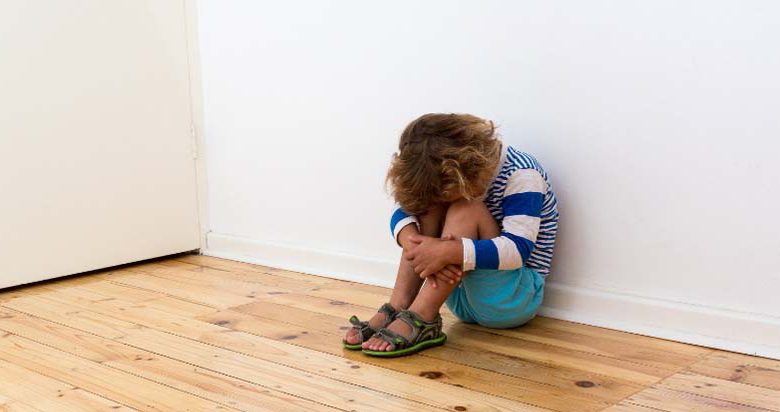Teaching Your Child To Cope With Bullies

Teaching Your Child To Cope With Bullies
We’ve all met a bully. Whether it was a boy or a girl, on the playground or in the boardroom, online or in person, both kids and adults report being bullied at a similar rate.
So what do you do when your child is the one dealing with a bully? Back-to-school bliss can quickly transform into misery if they’re struggling with another kid harassing them.
Here’s what you need to know to help them through it.
What Is Bullying?
One of the most important things for parents to know is what bullying isn’t.
Bullying doesn’t include general teasing between siblings/friends, simple disagreements and conflict, or banter that is overall playful, friendly, and mutual. A child may take things too far and say something mean or insensitive, but that doesn’t mean it was said to inflict real harm. If your child says they’re being bullied, make sure it isn’t this kind of teasing or disagreeing first. Usually, a one-time correction is all that’s needed.
Bullying is much more serious. UNICEF defines bullying as having three main characteristics: intent, repetition, and power.
- Intention: A bully means for their words and actions to be harmful.
- Repetition: Bullying isn’t a one-time event. Bullies are repeat offenders.
- Power: Bullies are usually kids who are bigger, stronger, or more popular than the people they bully. Part of why they have this status is because they are bullies.
In short, bullies are cruel on purpose. Butting heads with a friend or someone being rude doesn’t mean your child is being bullied. But if they are being constantly put down by another child in harsh and harmful ways, it’s time to step in.
If Your Child Is Being Bullied
If you discover your child is being bullied, here are some things you can do to help.
- Listen to and believe your child. Make sure your kid knows they are being heard, understood, sympathized with, and taken seriously. Even if you suspect it may not be actual bullying they are experiencing, don’t write them off before gathering more facts. The issue could be very real, and you want your child to think of you as someone they can come to with their problems. Also, work with your child to come up with a plan on how to respond. They may fear retaliation from the bully for telling you, so ease those fears by listening to their suggestions on how to proceed.
- Pull in teachers or authority figures. Bullying most often happens at school, so make sure to pull in a teacher, principal, or counselor. They will also have valuable insight on how to best address the situation and whether or not to involve the bully’s parents.
- Be supportive. This may go without saying, but use this as an opportunity to reinforce the truth that your child can come to you with any concern they have. If they feel supported at home, it will add to the confidence they will build by overcoming a bully.
- Practice! As odd as it may sound, you can do a lot of preemptive work when it comes to bullying. Play “what if” games with your child to help them think through what they could do if they are bullied. Build their confidence by helping them think of behaviors that would rob bullies of the reactions they are looking for. (For example, laugh at the bully while they’re saying mean things because those mean things are ridiculous!)
If Your Child Is the Bully
“If your child’s school calls you and tells you that your child is bullying other kids, if other parents are complaining to you that your child is bullying their child, or if you notice that your child is constantly getting into fights … take a deep breath and admit that your child has a problem.”
That’s the advice from Stomp Out Bullying™, and it’s true. It may be difficult to hear and admit, but talking with your child about their behavior and finding ways to change their behavior is so important.
Here are some resources you can use if you need to address bullying with your child.
- UNICEF – How To Talk To Your Children About Bullying
- StopBullying.gov – Why Some Youth Bully
- Nemours KidsHealth – Teaching Kids Not To Bully
- Stomp Out Bullying – What To Do if Your Child Is a Bully
Resources for Help
Bullying is a big deal, and no parent should feel like they’re going through it alone. If you feel like you need more help or support, StopBullying.gov can give you the information you need to take the next step.
Dealing with a bully is terrible. There’s no sugarcoating it. But you can work with your child and use your school as a support system to make it find happiness, confidence, and security on the other side.
Check out some of our additional resources below or find a Little Sunshine’s Playhouse near you.
Ten Tips to Help You Raise Confident Children
How to be a Supportive Parent
How to Keep Your Preschooler Safe on the Internet





